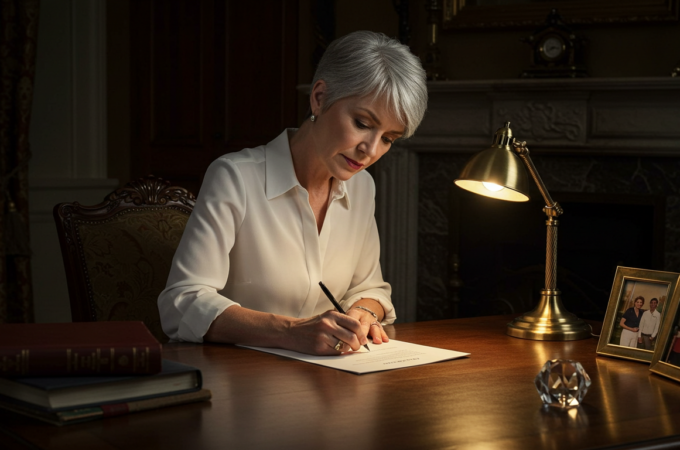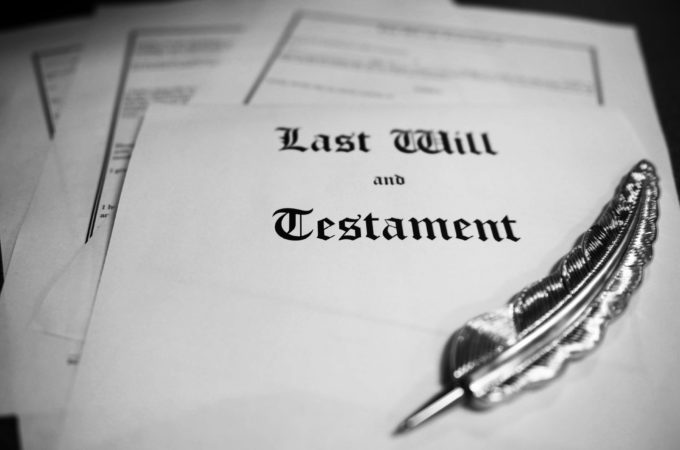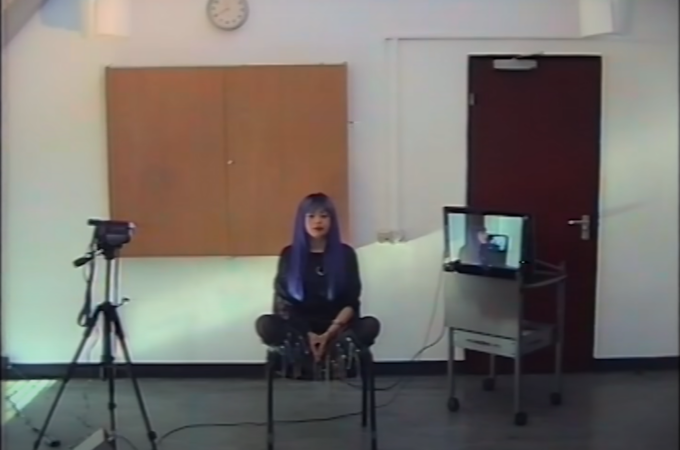Generally, the validity of a last will and testament can be challenged on the basis of: (i) lack of testamentary capacity; (ii) undue influence; (iii) lack of knowledge and approval of the will; and/or (iv) fraud. While allegations relating to undue influence often go hand-in-hand with claims relating to lack…
Category: Contested wills
This blog post was written by: Alicia Mossington, Estate and Trust Consultant, Scotiatrust London Historically in Ontario, a Last Will and Testament was required to meet strict formal validity requirements to be considered valid. The requirements set out in the Succession Law Reform Act required a Will to be in…
Today’s blog post was written by Latoya Brown, an Associate at Fasken LLP. The discussion of discriminatory wills continues with a new case out of the British Columbia Supreme Court. In Lam v Law Estate, 2024 BCSC 156, the court varied a testatrix’s will on the reasoning that the testatrix’s…
Irina Samborski, associate and Caroline Mercer, articling student, Gowling WLG (Canada) LLP When an estate is litigated, a deceased person’s decision-making is forced into the public record. Sometimes, the court is asked to pass judgement and correct decisions that may seem unreasonable or unfair. However, some courts prefer to uphold…
Undue influence, a common claim to be heard in the context of will challenges, occurs when a testator is forced or coerced into changing his or her will or creating a new one in favour of the coercing party. A closely related concept is testamentary fraud. Although testamentary fraud does…
Today’s Blog was written by Mohena Singh, Associate at Fasken LLP. As estate planners, we are regularly engaged by individuals who are acting as estate trustees. This role can often be a long endeavour as it could take several years to administer an estate. During an administration, estate trustees are…
The applicant in Roe v. Roe, 2022 ONSC 5821 (CanLII), was not successful in setting aside his mom’s will on the basis of undue influence and “insane delusions”. He was the only son (of four) who was disinherited in his mom’s will. This was a departure from the mom’s previous…
The question of whether will challenges fall under the standard two-year limitation period has long been a topic of consideration in lower courts[1]. Does the limitation clock start ticking at the date of death, upon discovering the existence of another will, or when there is knowledge of both the existence and content of another will? The Court of Appeal has finally spoken on the issue … well, sort of.
Pictured: A screen grab from the music video for “Only Acting” by Kero Kero Bonito. It’s one of my favourite songs. It’s not quite about video wills, but it does show off some of the challenges of recording oneself. What are Video Wills? Some practitioners have floated the idea of…
As the holiday season is upon us and the new year approaches, many of us are thinking about time. For those in the litigation world, time, and more specifically, limitation periods, should always be top of mind. This blog serves as a refresher for some of the limitation periods that…








